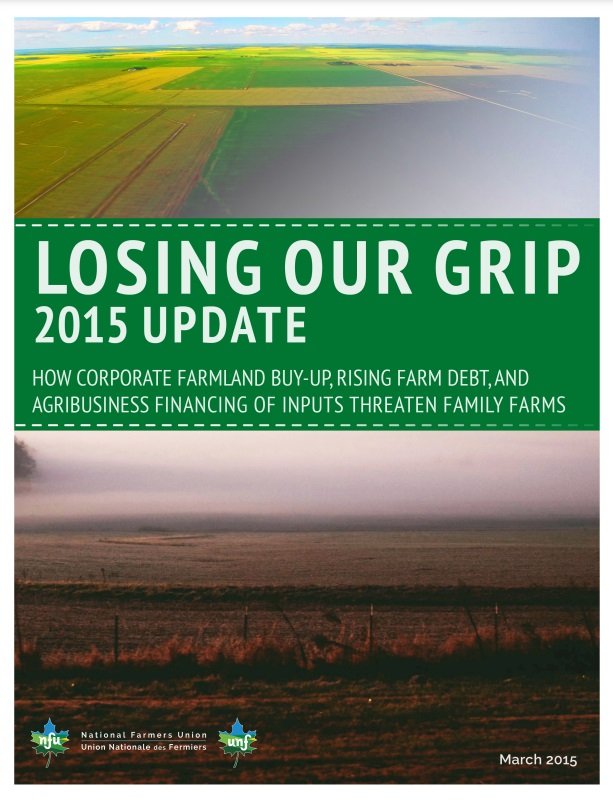
Advancing equitable land policy in Canada
Photo credit: Dr. Annette Desmarais
Researchers: Dr. Annette Desmarais, Dr. Lauren Kepkiewicz, Jessie MacInnis, Katherine Aske & Zoe Davidson
On-going farm consolidation, farmland concentration, investor ownership of land, loss of local land access and colonial appropriation of Indigenous lands are all central barriers to realizing food sovereignty -- the right of peoples to define their own food and agricultural systems. It is clear that Canada has yet to guarantee the right to land, as enshrined in the newly adopted United Nations Declaration of the Rights of Peasants and Others Working in Rural Areas (UNDROP, 2018). However, it remains unclear how UNDROP can be implemented in ways that support the United Nations Declaration on the Rights of Indigenous Peoples (UNDRIP, 2007), which Canada has ratified.
Despite the fundamental role that land and land tenure relations play in determining the health of agriculture, reconciliation, community, and ecological systems, existing land policy and research are riddled with gaps. Therefore, we are turning to those who live in close relationship with the land to determine a path forward.
In collaboration with the National Farmers Union (NFU), a member-based farmer organization, this research will identify gaps in the NFU’s current land policy, coordinate with the NFU’s diverse committees and regions to better understand contemporary land struggles, and develop an ongoing action plan to pursue comprehensive land policy development. Extending the NFU’s capacity for land-related policy development will strengthen its ability to push for the equitable land relations that are central to food sovereignty.
The NFU is uniquely positioned
to do research to define a comprehensive farmland policy based on its existing policies, research, advocacy, and farmer-held knowledge. The organization’s broad membership includes new farmers struggling to access land, retiring farmers struggling to figure out what to do with their land, and increasingly, Black, Indigenous and People of Colour (BIPOC) farmers who face both historic and present forms of land dispossession.
